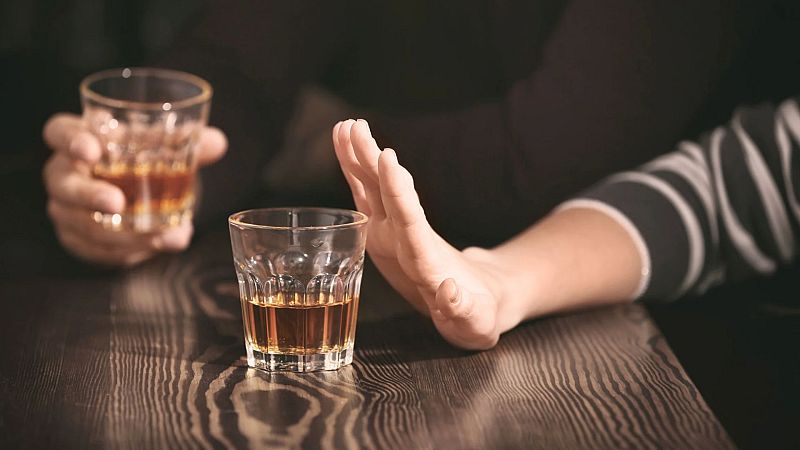Alcohol is fuelling thousands of cancer cases and costing Europe billions of euros, WHO warns

Alcohol is a leading cause of cancer across Europe, and experts say stronger government policies to curb drinking could prevent thousands of cancer cases and deaths each year.
In the European Union alone, the subregion with the heaviest alcohol consumption in the world, alcohol caused more than 111,000 new cancer cases in 2020, according to the new scientific review from the World Health Organization's (WHO) cancer research agency, known as the International Agency for Research on Cancer (IARC).
Worldwide, that number reached an estimated 741,000 cases, with men accounting for almost 70 per cent of new cancers.
Beyond the health consequences, the economic toll is also substantial: according to WHO, premature deaths from alcohol-related cancers cost €4.58 billion in 2018.
“The WHO European Region, and especially countries of the EU, are paying too high a price for alcohol in preventable cancers and broken families, as well as costing billions to taxpayers,” said Dr Gundo Weiler, who leads prevention and health promotion efforts at WHO's Europe office.
“Some call alcohol a ‘cultural heritage’, but disease, death, and disability should not be normalised as part of European culture," he added.
How alcohol is linked to cancer
IARC first classified alcohol as carcinogenic in 1988. It says alcohol raises the risk of at least seven types of cancer, including cancers of the mouth, pharynx, larynx, oesophagus, liver, colorectum, and female breast.
Researchers believe alcohol causes cancer through multiple mechanisms, including altered hormone levels, changes to the gut microbiome, and DNA damage from oxidative stress and the metabolite acetaldehyde, which is found in ethanol.
Reducing or quitting alcohol lowers the risk of developing these cancers.
Most alcohol-attributable cancers are linked to “risky” drinking (two to six alcoholic drinks per day) and “heavy” drinking (more than six drinks per day), according to the report.
However, even “moderate” drinking (fewer than two drinks per day) was responsible for more than 100,000 new cancer cases globally in 2020.
Strategies to reduce risks
The new analysis marked the first time IARC has evaluated the potential benefits of alcohol-related cancer prevention.
It "establishes with no further doubt that population-wide alcohol policies reduce drinking, and that reduced drinking lowers cancer risk," said IARC director Dr Elisabete Weiderpass.
The agency pushed for measures such as higher taxes, minimum prices, and raising the legal drinking age, as well as limiting the density of alcohol retailers, restricting hours or days of sale, banning alcohol marketing, and implementing government-controlled alcohol sales.
These policies all help to reduce drinking and, in turn, lower cancer risk, IARC said.
For example, a2021 studyfound that doubling alcohol excise taxes could have prevented 6 per cent of new alcohol-related cancer cases and deaths in 2019 in the WHO's European region, which spans Europe and Central Asia.
“Raising awareness about the cancer risks of alcohol and the fact that no level of drinking is safe is critical,” said Dr Béatrice Lauby-Secretan, deputy head of IARC's evidence synthesis and classification branch.
“Everyone has a role to play in changing the current norms and values surrounding alcohol consumption," she added.
Today

